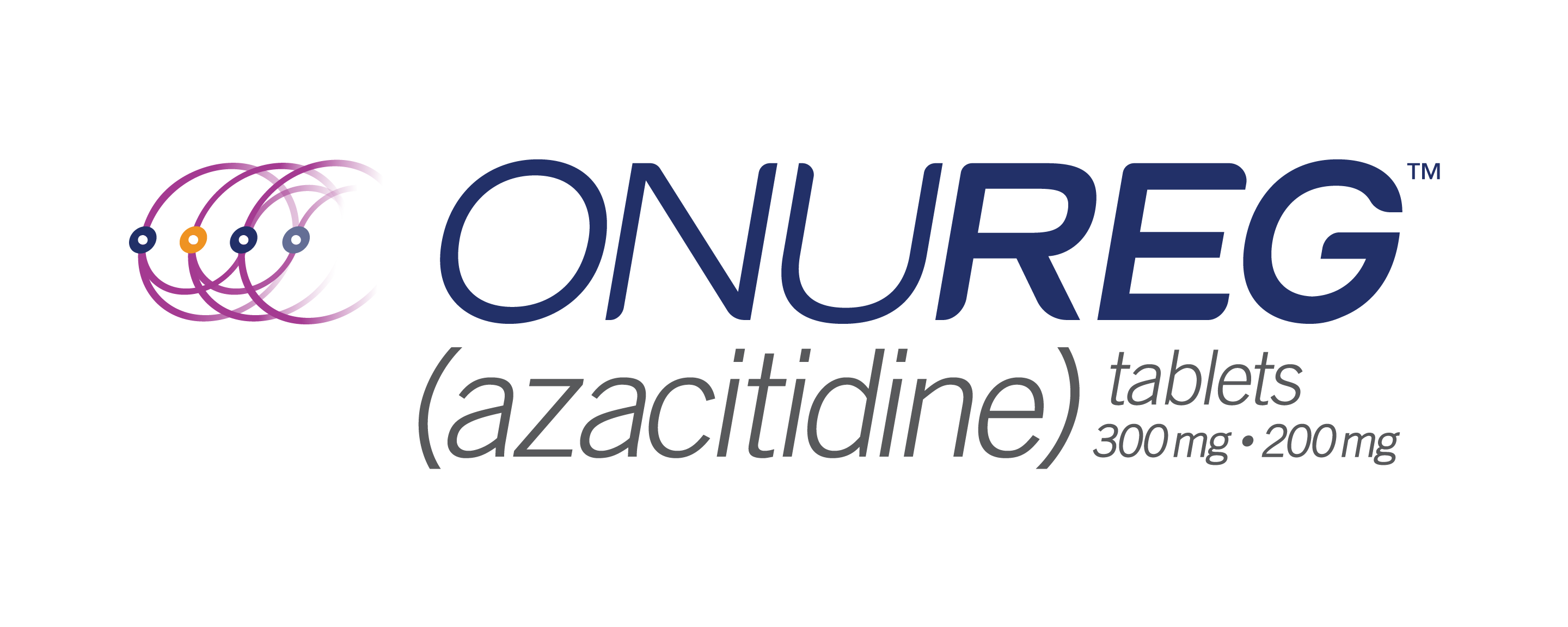User login
A Treatment Option for Patients with Acute Myeloid Leukemia

About Harry P. Erba, MD, PhD

Dr. Erba received a bachelor’s degree in biology from Yale University and his medical degree and doctorate in biophysics from Stanford University. He did his internship and residency in internal medicine at the Brigham and Women's Hospital, Harvard Medical School. Following a fellowship in hematology/oncology at the same institution, he joined the Harvard Medical School faculty for 3 years.
He then moved to the University of Michigan at Ann Arbor in 1996, where he rose to the academic rank of Associate Professor of Internal Medicine. He was named Teacher of the Year in the Division of Hematology and Oncology for four consecutive years at the University of Michigan. In 2004 he was given the Outstanding Clinician Award by the Dean of the University of Michigan Medical School, and in 2012 was appointed as an inaugural member of the League of Clinical Excellence at the University of Michigan.
He moved to the University of Alabama at Birmingham (UAB) in 2012 as Professor of Internal Medicine. He served as the Director of the Hematologic Malignancy Program in the Division of Hematology/Oncology and as the Associate Director for Clinical Research in the UAB Comprehensive Cancer Center. He held the Alfred F. LoBuglio Endowed Chair for Translational Cancer Research from 2013 through 2018.
He moved to Duke University as Professor of Medicine on July 1, 2018 and is a member of the Division of Hematologic Malignancy and Cellular Therapy. He serves as the Director of the Leukemia Program as well as Medical Directory of the Hematologic Malignancies Inpatient Service.
Dr. Erba has been an active member in the SWOG (Southwest Oncology Group) Leukemia Committee for over a decade. He was an executive officer of SWOG for 8 years, working closely with the leadership of the SWOG Leukemia, Lymphoma, Myeloma and Bone Marrow Transplant Committees. Since October, 2012, he has served as the Chairman of the SWOG Leukemia Committee and serves on the NCI Leukemia Steering Committee. Dr. Erba served on the National Comprehensive Cancer Network (NCCN) Practice Guidelines Committees for acute myeloid leukemia, chronic myeloid leukemia, myelodysplastic syndromes and myeloid growth factors, until 2010. He has received multiple teaching awards from the University of Michigan and the University of Alabama at Birmingham. He was inducted into the League of Clinical Excellence by the University of Michigan in 2012.
Dr. Erba has focused on the assessment of novel therapies in acute myeloid leukemia, myelodysplastic syndromes, chronic myeloid leukemia, and other myeloproliferative neoplasms. He has been involved in numerous clinical trials in these hematologic malignancies, led many national trials as a chair or co-chair, and played major roles in the development of several new drugs.
Disclosures
Developed under the direction and sponsorship of Bristol Myers Squibb.
INDICATION
ONUREG® is indicated for continued treatment of adult patients with acute myeloid leukemia who achieved first complete remission (CR) or complete remission with incomplete blood count recovery (CRi) following intensive induction chemotherapy and are not able to complete intensive curative therapy.
IMPORTANT SAFETY INFORMATION
CONTRAINDICATIONS
ONUREG® is contraindicated in patients with known severe hypersensitivity to azacitidine or its components.
WARNINGS AND PRECAUTIONS
Risks of Substitution with Other Azacitidine Products
Due to substantial differences in the pharmacokinetic parameters, the recommended dose and schedule for ONUREG® are different from those for the intravenous or subcutaneous azacitidine products. Treatment of patients using intravenous or subcutaneous azacitidine at the recommended dosage of ONUREG® may result in a fatal adverse reaction. Treatment with ONUREG® at the doses recommended for intravenous or subcutaneous azacitidine may not be effective. Do not substitute ONUREG® for intravenous or subcutaneous azacitidine.
Myelosuppression
New or worsening Grade 3 or 4 neutropenia and thrombocytopenia occurred in 49% and 22% of patients who received ONUREG®. Febrile neutropenia occurred in 12%. A dose reduction was required for 7% and 2% of patients due to neutropenia and thrombocytopenia. Less than 1% of patients discontinued ONUREG® due to either neutropenia or thrombocytopenia. Monitor complete blood counts and modify the dosage as recommended. Provide standard supportive care, including hematopoietic growth factors, if myelosuppression occurs.
Increased Early Mortality in Patients with Myelodysplastic Syndromes (MDS)
In AZA-MDS-003, 216 patients with red blood cell transfusion-dependent anemia and thrombocytopenia due to MDS were randomized to ONUREG® or placebo. 107 received a median of 5 cycles of ONUREG® 300 mg daily for 21 days of a 28-day cycle. Enrollment was discontinued early due to a higher incidence of early fatal and/or serious adverse reactions in the ONUREG® arm compared with placebo. The most frequent fatal adverse reaction was sepsis. Safety and effectiveness of ONUREG® for MDS have not been established. Treatment of MDS with ONUREG® is not recommended outside of controlled trials.
Embryo-Fetal Toxicity
ONUREG® can cause fetal harm when administered to a pregnant woman. Azacitidine caused fetal death and anomalies in pregnant rats via a single intraperitoneal dose less than the recommended human daily dose of oral azacitidine on a mg/m2 basis. Advise pregnant women of the potential risk to a fetus. Advise females of reproductive potential to use effective contraception during treatment with ONUREG® and for at least 6 months after the last dose. Advise males with female partners of reproductive potential to use effective contraception during treatment with ONUREG® and for at least 3 months after the last dose.
ADVERSE REACTIONS
Serious adverse reactions occurred in 15% of patients who received ONUREG®. Serious adverse reactions in ≥2% included pneumonia (8%) and febrile neutropenia (7%). One fatal adverse reaction (sepsis) occurred in a patient who received ONUREG®.
Most common (≥10%) adverse reactions with ONUREG® vs placebo were nausea (65%, 24%), vomiting (60%, 10%), diarrhea (50%, 21%), fatigue/asthenia (44%, 25%), constipation (39%, 24%), pneumonia (27%, 17%), abdominal pain (22%, 13%), arthralgia (14%, 10%), decreased appetite (13%, 6%), febrile neutropenia (12%, 8%), dizziness (11%, 9%), pain in extremity (11%, 5%).
LACTATION
There are no data regarding the presence of azacitidine in human milk or the effects on the breastfed child or milk production. Because of the potential for serious adverse reactions in the breastfed child, advise women not to breastfeed during treatment with ONUREG® and for 1 week after the last dose.
Please see full Prescribing Information for ONUREG®.
3/21 US-ONU-21-0048
